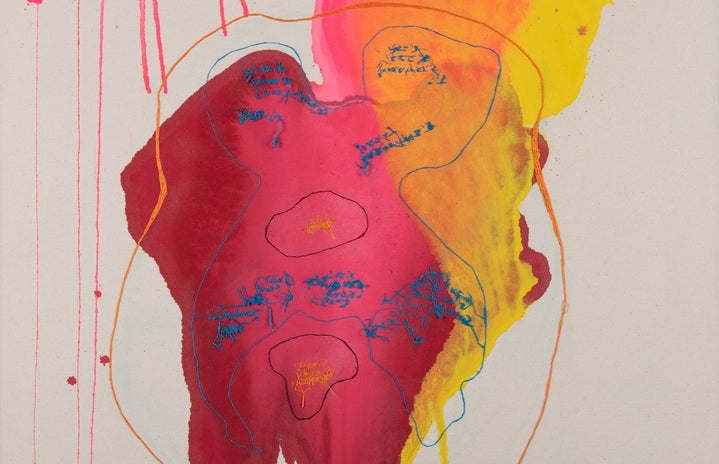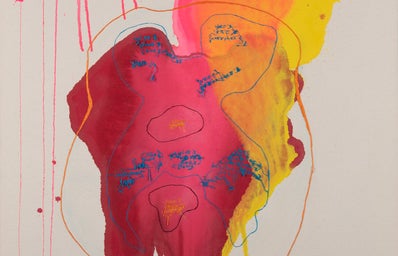What kind of person comes to mind when you think of someone with attention deficit hyperactivity disorder (ADHD)? The stereotypical answer would probably be something along the lines of “an energetic person who struggles with concentration issues and has a tendency to be disorganized”. While this image is not necessarily wrong, it’s not correct, either.
Because if that’s the definition of ADHD, a good 80% of the world’s population would have a diagnosis. In fact, if this were the official criteria, then I think it’s safe to say it would simply be a personality trait. But that’s not the case.
As someone who has been diagnosed with ADHD, hearing people casually throw around phrases like “I swear I’m ADHD or something” whenever they forget a deadline or have trouble concentrating while writing their report is extremely frustrating. ADHD is so much more than getting distracted easily. It’s a mental disorder. And when people start treating it like a quirky personality trait, it becomes even more challenging than it already is to openly talk about this mental illness.
From the outside, you’d probably never even guess that I have ADHD. I don’t visibly show much of the signs associated with the stereotypes. Unless I tell you exactly what is going on inside my head, it may come as a surprise that I’m diagnosed with a disorder commonly associated with “loud, disruptive people”.
There’s a variety of reasons why I don’t go around telling people about my “condition”. But one of the biggest reasons I don’t is because there is always the fear that the person I share this information won’t take it seriously. There have been multiple cases in the past whereupon hearing that I have ADHD, the person I am talking to starts self-diagnosing and saying things like “Me too!” and “Same!”. I have to say, this is hands down the worst response you could possibly have.
I know difficulty concentrating on tasks is included in the official diagnostic criteria for ADHD. But guess what? Just because you have trouble concentrating doesn’t mean you have it. Not being able to concentrate on important assignments and forgetting dates, and losing personal belongings also happens to be a part of being human. There are so many other aspects of ADHD that are overshadowed by these “basic” symptoms. I can only speak for myself as every diagnosed individual’s experience is different, but besides the inability to concentrate are the mood swings and the aspect of impulse control. Personally, these are the two symptoms I have the hardest time sharing and talking about with others. When the person I do decide to share this information responds as though they know exactly what I experience daily, it can be really frustrating, to say the least. In some cases, it’s mildly offensive.
I don’t believe that everyone who makes comments like this is trying to discredit someone’s mental illness. But suppose you don’t know the full details of what lead up to someone’s diagnosis. In that case, I think it would be best to listen and not insert your personal experiences based on stereotypes–if you yourself do not have the disorder–into the conversation.
I know I’m not the only person with ADHD to have experienced conversations like this. Although the majority of people I have shared this information with responded positively and kindly, it only takes a few negative experiences to make me hesitant to share.
So if someone ever tells you that they are diagnosed with ADHD, please do not respond as if you know exactly what they are experiencing. Every diagnosed person is different, but I can assure you that no one wants only the stereotypical aspects of their disorder to be acknowledged. Instead, listen to what they have to say before you make any comments. ADHD may be one of the more “well-known” mental disorders out there, but it still takes a lot of nerve to share something so personal. So if a friend, classmate, or roommate decides to share this information with you, please don’t let them down.
* If you genuinely feel that there is a possibility you have ADHD, I suggest you speak with a licensed psychologist.


